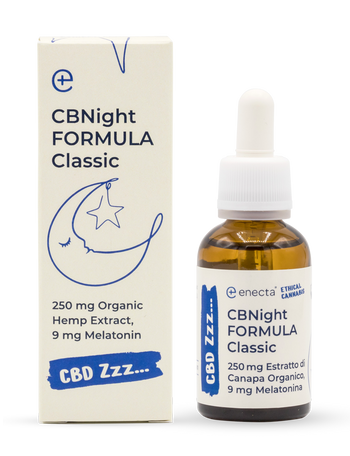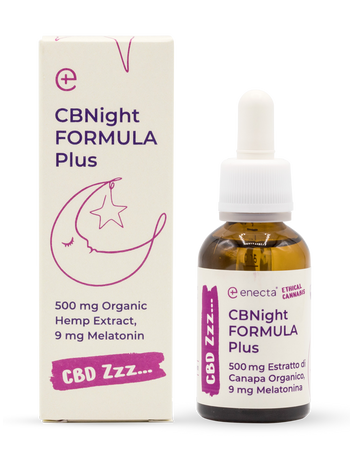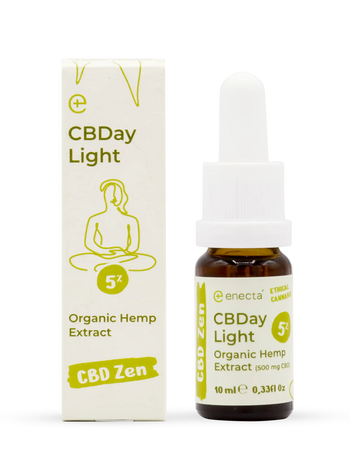An American survey says that the use of cannabis among the over 50 has increased in the period between 2006 and 2013, by 250%.
Could the plant and its extracts be an additional ally for the elderly? There are at least five cases in which it can be useful.
1 - Chronic pain
Chronic pains characterizes the life of many elderly people with consequences which are often debilitating. From arthritis to fibromyalgia, many are the diseases forcing the elderly to cope with a permanent and painful syndrome.
A study conducted in Israel “The consumption of cannabis amongst fibromyalgia patients” has shown interesting results exactly in this sense.
The team of the Laniado Hospital and Rheumatology Clinic of the Nazareth Hospital and Faculty of Medicine, sent a questionnaire to three big Facebook groups of people affected by fibromyalgia.
The anonymous questionnaire included, among other elements, questions related to the use of cannabis; the quantity of cannabis consumed, the necessity to buy cannabis beyond medical indemnity, the effect on pain, sleep, depression and anxiety, the adverse side effects, the sense of addiction to cannabis or to other medical drugs, the involvement of family members, the propensity to drive after the use of cannabis.
Amongst the interviewed, 84% reported they consumed cannabis and 44% of them received an authorisation to do so. Pain relief was reported by 94% of the interviewed, while a 93% reported an improvement in the quality of sleep, 87% improvement in depression and a 62% improvement of the anxiety state.
The team reached to the conclusion that “almost everyone reported the favourable effects on pain and sleep and only a few mentioned adverse side effects or a sense of addiction to cannabis”.
2 - Glaucoma
Glaucoma over 60 years of age is an important cause of blindness. The scientific magazine ‘Journal of Glaucoma' published a study in which the relationship between the oral administration of cannabinoids and intraocular pressure was analysed.
To six patients, subjects of the study, CBD (Cannabidiol) and THC (Tetrahydrocannabinol) were administered.
Two hours after the administration of the lowest dosage of THC, the intraocular pressure decreased to return to its original values after four hours.
The research on the effectiveness of cannabis in the treatment of glaucoma is in its initial phase, however the first evidence indicates how endocannabinoids are important in the ocular physiology, affecting amongst others, the intraocular pressure and the neurotransmission in the retina and the neuroprotection of the ganglion neurons of the retina.
3 - Crohn’s Disease
In Italy about 200 thousand individuals suffer from Crohn’s Disease.
The first study linking the potentials of cannabis to this pathology was conducted in Israel at the Meir Hospital of Tel Aviv.
46 individuals were involved, all suffering from Crohn’s disease in moderate or severe forms, who used therapies based on immunosuppressive medicines.
The patients were divided in two groups, the first was treated with a placebo solution, the second with oil containing 4% THC and 15% CBD.
The two groups were monitored for about eight weeks, at the end of which the symptoms of the disease and the quality of life of the patients were measured.
The patients treated with oil containing THC and CBD showed a reduction in the symptoms of the disease, in six cases out of ten criteria of remission were observed with reduction of abdominal pain, diarrhoea and fatigue.
“We’ve demonstrated that cannabis can produce a measurable improvement of the symptoms of Crohn’s disease” Timna Naftali, gastroenterologist who coordinated the study, states.
4 - Sleep
Along with the aging process, sleep loses quality, resting becomes less and is less restoring compared to when we were younger, and this isn’t just a small issue, if we think of the fact that good rest is fundamental for conducting a healthy life.
A study conducted at the National Taiwan University of Taipei, demonstrates how CBD can affect the nocturnal cycle directly, preventing the suppression of REM sleep, elicited by anxiety.
According to the researchers, in fact, CBD contribute to natural sleep, preventing its deviation caused by a state of severe stress, and contributing to the maintenance of the stability of non – REM sleep.
5 - Depression and Anxiety
Depression and anxiety states, often related to a condition of solitude, can be very common amongst the elderly people.
A team of researcher of the University of Washington conducted a study in which the effect of cannabis in contrasting states of stress, anxiety and depression was analysed.
Published in the Journal of Affective Disorders by means of an app, the research kept trace of the medical uses of cannabis and of the entity of symptoms in 280 different diseases. Through the app, gender, quantity of cannabis used and percentages of the active principles, THC and CBD, were registered.
12.000 replies of about 1.400 patients, using cannabis to manage their ailments, were examined. After the use of cannabis, 50% of the consumers noticed a reduction of depression and a 58% a reduction in anxiety and stress.
































